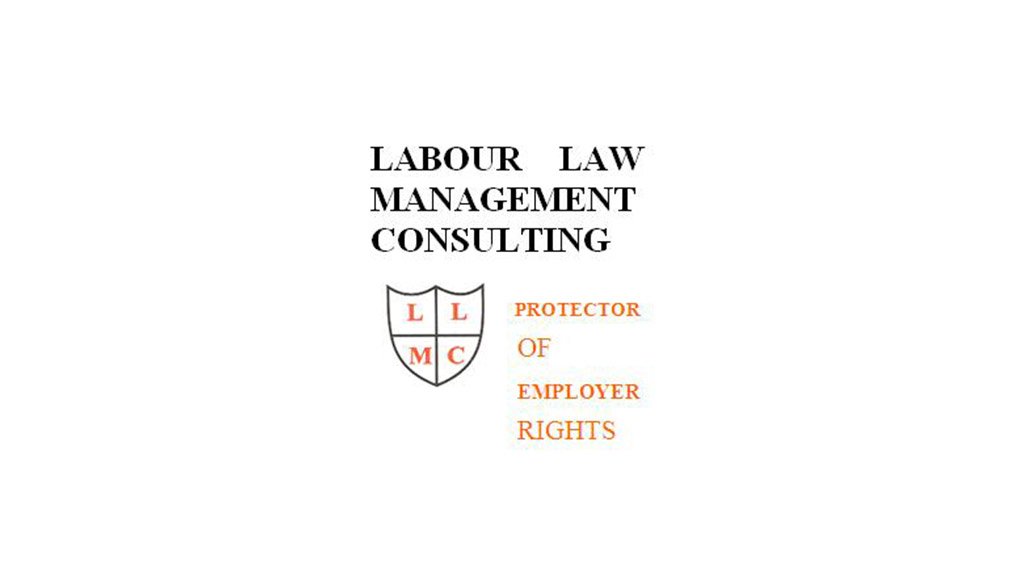The law does not say that, in every case, all incumbents in all jobs of the same value must receive exactly the same pay. The law recognises that factors such as years of service and scarcity of skills could require differentials in pay levels. However, if such objective factors are not present the employer is in danger of falling foul of the EEA’s provisions.
Also, where an employee is promoted to a job that has a higher grade but is not given a commensurate pay increase, this would constitute an unfair labour practice relating to unfair promotion. That is, in the case of a promotion it is the grade of the new job that dictates the pay scale range that must be applied and not the employee’s work performance.
In addition to demotivating employees, there is a legal danger of failing to pay employees according to the correct grades of their jobs.
A case in point is IMATU vs Overberg District Municipality (Lex Info 15 November 2024, Labour Appeal Court case number CA9/2023). Here several employees, represented by their union, complained that their jobs had been wrongly downgraded. Based on the evidence the CCMA arbitrator agreed with the employees and ordered the employer to pay each employee R15000 in compensation and to give them backpay retrospectively to the date that their pay had been cut. The Labour Court overturned this award but the Labour Appeal Court overruled the Labour Court and also ordered the employer to pay the employees’ legal costs.
This outcome highlights the need for employers to understand that they cannot interfere with the grades of the jobs in which their employees work. The Court’s decision also serves as one of many examples where the lack of understanding of labour law creates unnecessary problems for employers in the workplace.
The innovative video series WALKING THE LABOUR LAW TIGHTROPE assists employers to provide their managers with very inexpensive training that allows the managers to achieve the necessary knowhow at times suitable to their very busy schedules. Its 48 chapters, averaging 10 minutes in length each, can easily be watched at junctures when the manager has time. This greatly informative yet very engaging and practical video series provides crucial and user-friendly learning through the use of a stimulating, animated case study that runs throughout the 48-chapter series. Each chapter contains clear and important advice needed by workplace management on the basics of labour law over a very wide range of topics.
A further advantage is that the manager can, for a full year, easily go back to any of the 48 videos for purposes of refresher training or in order to access information on how to deal with a current workplace issue. This solves the problem of managers forgetting what they have learned.
This video series helps management to walk the shaky labour law tightrope and to run the workplace productively without falling into the labour law abyss.
To access our groundbreaking video series: WALKING THE NEW LABOUR LAW TIGHTROPE please go to www.labourlawvideos.co.za or contact Ivan on ivan@labourlawadvice.co.za
Written by Ivan Israelstam, Chief Executive of Labour Law Management Consulting. He may be contacted on (011) 888-7944 or 0828522973 or on e-mail address: ivan@labourlawadvice.co.za. Go to: www.labourlawadvice.co.za
EMAIL THIS ARTICLE SAVE THIS ARTICLE ARTICLE ENQUIRY
To subscribe email subscriptions@creamermedia.co.za or click here
To advertise email advertising@creamermedia.co.za or click here











